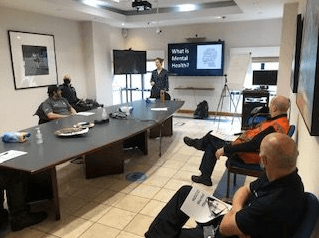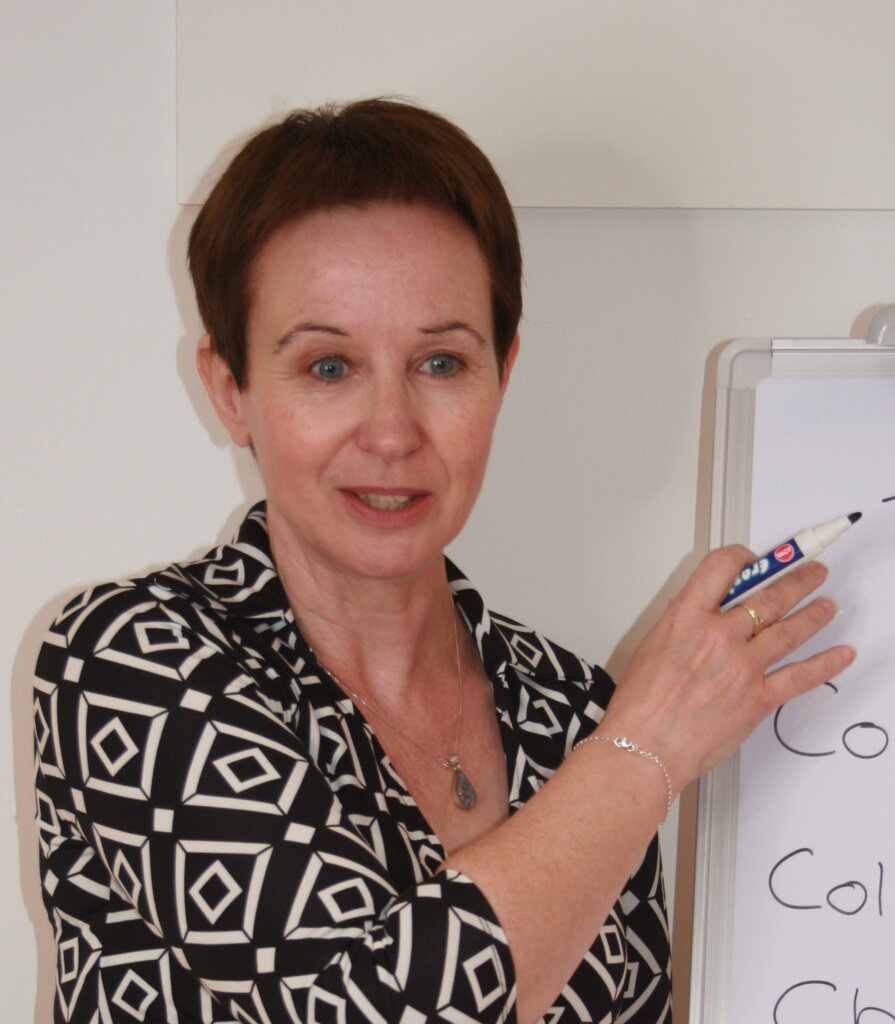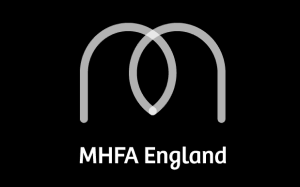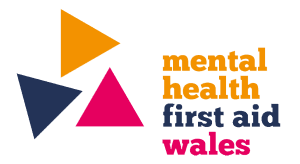MOTs and Drop-in Sessions

I often mention that I offer MoTs and Drop-Ins to the businesses that I work with but what does that mean?
Let’s start with MoTs. Have you ever started anything worthwhile that didn’t need some initial preparation? Mental health and resilience training are the same. Using a combination of standardised psychology questions and lifestyle questions with at least 25% of your workforce, we can build a clear picture of training need. Focused support, where it’s needed! It might just change your workforce!
For some companies Drop-Ins mean that employees can call in and see me, without notice, on a given day and receive therapeutic support, or coaching, or anything in between.
I have helped many people at work with a whole spectrum of issues.

For some people, it is help moving past a challenging event, for others it is advice about lone parenting, for others it’s help with financial worries, or it may be goal setting, career advice or how to build managerial skills. The list is endless, and it works because therapy and coaching are the skills I use every day. Nothing you bring to me to can shock me; every day I become the bridge helping people move from where they are to where they want to be.
Other companies prefer to offer sessions online and it may surprise you, that since the Covid 19 pandemic, many therapists now work solely online. I prefer a mix. I see clients two days a week face to face at my office in St Asaph and the remaining days, I either see clients online or in the workplace.

Think of a time when you have had a problem which required professional support. How long did you have to wait? Did you initially see the right person? Did you find resolution quickly? Because I work with employees from induction, at the start of their journey with your company, they know me. We already have a relationship. Therefore, I can support them from the get-go. Sigmund Freud, in 1913, suggested that the relationship between the therapist and client was a key factor in successful therapy. Present day research supports this, the quality of the relationship between client and therapist, also known as “the therapeutic alliance, is the strongest predictor of whether or not therapy is successful. What could be better, more efficient, and more beneficial to all parties than a relationship that precedes need and is built on mutual respect and trust?
I am trained in several therapeutic modalities as well as being a fully qualified life coach. The modalities include Acceptance and Commitment Therapy, Clinical Hypnotherapy, Cognitive Behavioural Therapy, Compassion Focused Therapy, the Emotional Freedom Technique, Neuro Linguistic Programming, and Reiki. I am also, the author of “The Resilience Template – 7 Steps to Improve Your Mental Health” and for children “Beeston, the Anxious Pup”.
Your employees are in safe hands.


I am fascinated by the mind and by human psychology and have devoted the bulk of my career to working with, and getting the best out of, people. Everybody deserves opportunities for growth, support to let the past go, or strategic help to build a better future and I can help them to achieve this. The employers who understand this also benefit because employees who are prepared to grow, tend to work harder, and support each other more.
We can go even further than strategy, training, MOT. s and Drop-Ins because I can train your Mental Health First Aiders. I am an instructor for both Mental Health First Aid England, and Wales and I also, deliver training on behalf of the Welsh national team. For those companies whose MHFA teams are trained by me I offer ongoing support to the First Aiders. It can be difficult for people to be the go-to person in the workplace and receive no further support themselves. Who supports the First Aiders? I do.
